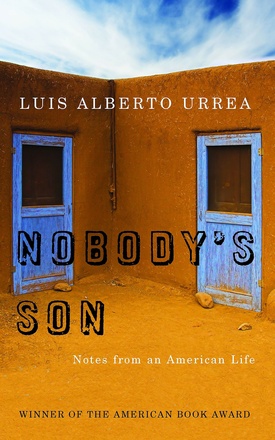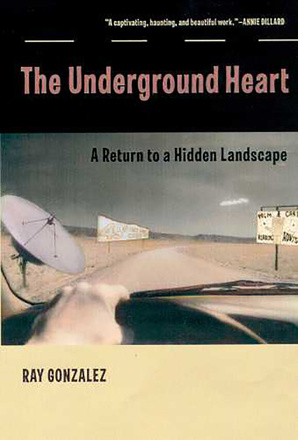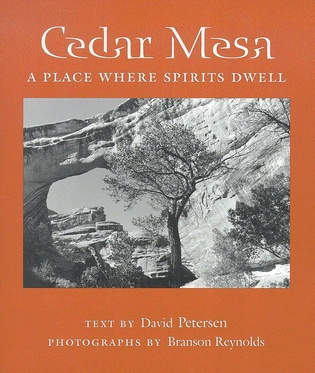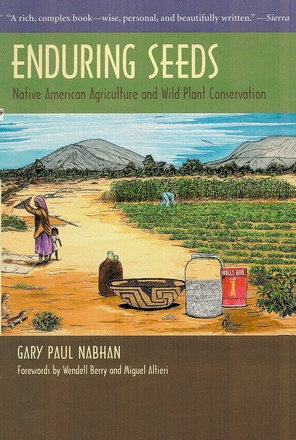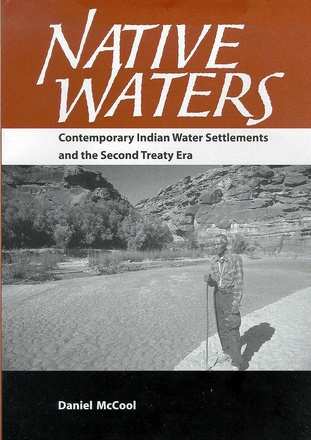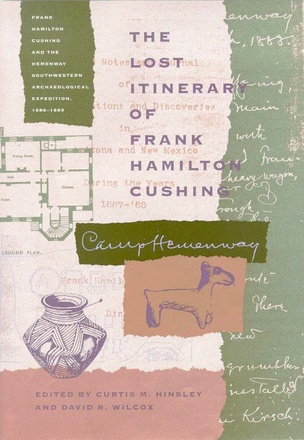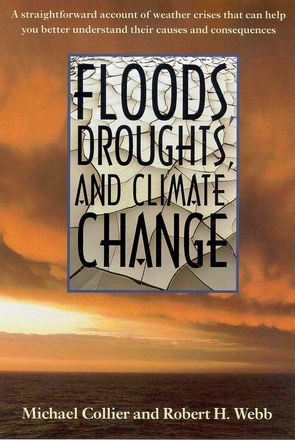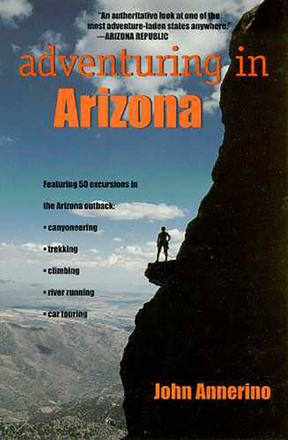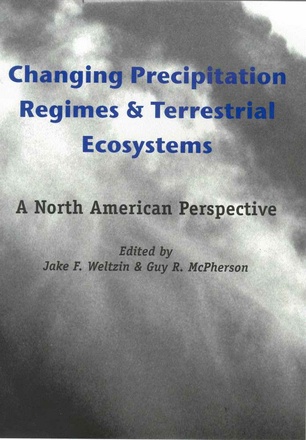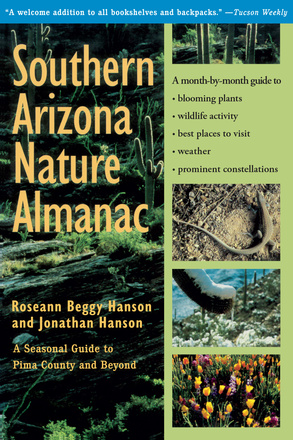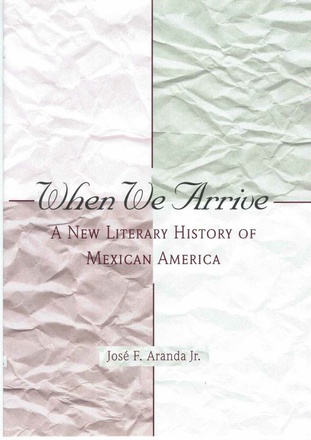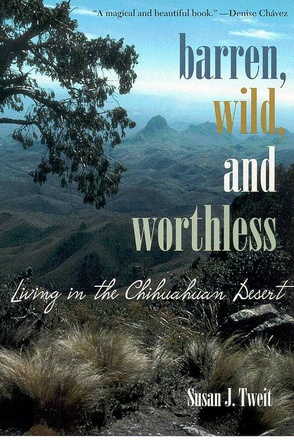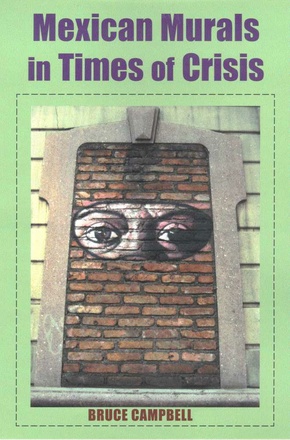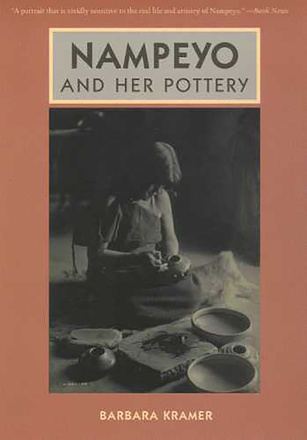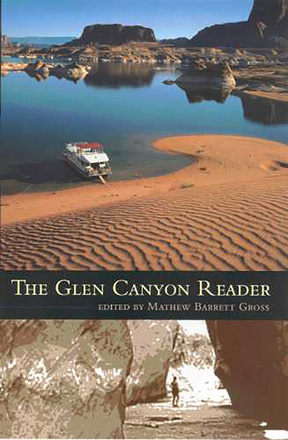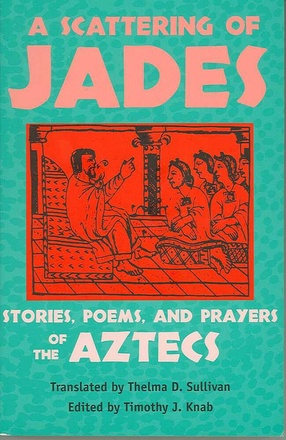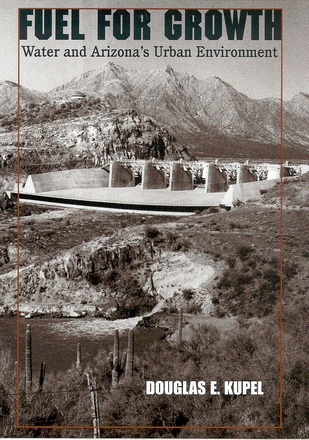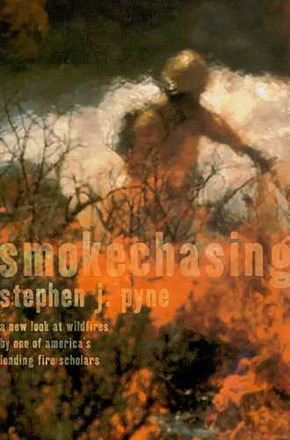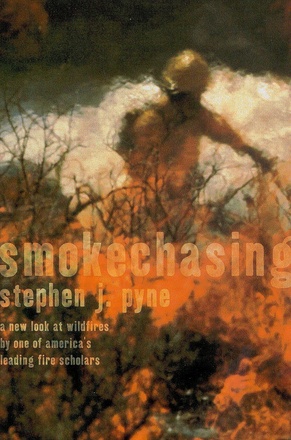The University of Arizona Press is the premier publisher of academic, regional, and literary works in the state of Arizona. They disseminate ideas and knowledge of lasting value that enrich understanding, inspire curiosity, and enlighten readers. They advance the University of Arizona’s mission by connecting scholarship and creative expression to readers worldwide.
Landscape of the Spirits
Hohokam Rock Art at South Mountain Park
The Underground Heart
A Return to a Hidden Landscape
Cedar Mesa
A Place Where Spirits Dwell
Enduring Seeds
Native American Agriculture and Wild Plant Conservation
Native Waters
Since the beginning of the reservation era, the bitter conflict between Indians and non-Indians over water rights was largely confined to the courtroom. But in the 1980s the federal government began to emphasize negotiated settlements over lawsuits, and the settlements are changing water rights in fundamental waysnot only for tribes but also for non-Indian communities that share scarce water resources with Indians.
In Native Waters, Daniel McCool describes the dramatic impact these settlements are having both on Indian country and on the American West as a whole. Viewing the settlements as a second treaty era, he considers whether they will guarantee the water future of reservationsor, like treaties of old, will require tribes to surrender vast resources in order to retain a small part of their traditional homelands. As one tribal official observed, "It's like your neighbors have been stealing your horses for many years, and now we have to sit down and decide how many of those horses they get to keep." Unlike technical studies of water policy, McCool's book is a readable account that shows us real people attempting to end real disputes that have been going on for decades. He discusses specific water settlements using a combination of approachesfrom personal testimony to traditional social science methodologyto capture the richness, complexity, and human texture of the water rights conflict. By explaining the processes and outcomes in plain language and grounding his presentation in relevant explanations of Indian culture, he conveys the complexity of the settlements for readers from a wide range of disciplines.
Native Waters illustrates how America is coming to grips with an issue that has long been characterized by injustice and conflict, seeking to enhance our understanding of the settlements in the hope that this understanding will lead to better settlements for all parties. As one of the first assessments of a policy that will have a pervasive impact for centuries to come, it shows that how we resolve Indian water claims tells us a great deal about who we are as a nation and how we confront difficult issues involving race, culture, and the environment.
The Lost Itinerary of Frank Hamilton Cushing
Floods, Droughts, and Climate Change
The Environmental Justice Reader
Politics, Poetics, and Pedagogy
Changing Precipitation Regimes and Terrestrial Ecosystems
A North American Perspective
Barren, Wild, and Worthless
Living in the Chihuahuan Desert
A Scattering of Jades
Stories, Poems, and Prayers of the Aztecs
Fuel for Growth
Cities in the arid West would not be what they are today without water and the technology needed to deliver it to users. The history of water development in Arizona goes hand in hand with the state's economic growth, and Arizona's future is inextricably tied to this scarce resource. Fuel for Growth describes and interprets the history of water resource development and its relationship to urban development in Arizona's three signature cities: Phoenix, Tucson, and Flagstaff. These three urban areas could hardly be more different: a growth-oriented metropolis, an environmentally conscious city with deep cultural roots, and an outdoor-friendly mountain town. Despite these differences, their community leaders and public officials have taken similar approaches to developing water resources with varying degrees of success and acceptance. Douglas Kupel has created a new vision of water history based on the Arizona experience. He challenges many of the traditional assumptions of environmental history by revealing that the West's aridity has had relatively little impact on the development of municipal water infrastructure in these cities. While urban growth in the West is often characterized as the product of an elite group of water leaders, the development of Arizona's cities is shown to reflect the broad aspirations of all their citizens. The book traces water development from the era of private water service to municipal ownership of water utilities and examines the impact of the post-World War II boom and subsequent expansion. Taking in the Salt River Project, the Central Arizona Project, and the Groundwater Management Act of 1980, Kupel explores the ongoing struggle between growth and environmentalism. He advocates public policy measures that can sustain a water future for the state. As the urban West enters a new century of water management, Arizona's progress will increasingly be tied to that of its ever-expanding cities. Fuel for Growth documents an earlier era of urban water use and provides important recommendations for the future path of water development in the West's key population centers.
Naked Wanting
Smokechasing
"Painting, architecture, politics, even gardening and golf—all have their critics and commentators," observes Stephen Pyne. "Fire does not." Aside from news reports on fire disasters, most writing about fire appears in government reports and scientific papersand in journalism that has more in common with the sports page than the editorial page. Smokechasing presents commentaries by one of America's leading fire scholars, who analyzes fire the way another might an election campaign or a literary work.
"Smokechasing" is an American coinage describing the practice of sending firefighters into the wild to track down the source of reported smoke. Now a self-described "friendly fire critic" tracks down more of the history and lore of fire in a collection that focuses on wildland fire and its management. Building on and complementing a previous anthology, World Fire, this new collection features thirty-two original articles and substantial revisions of works that have previously appeared in print.
Pyne addresses many issues that have sparked public concern in the wake of disastrous wildfires in the West, such as fire ecology, federal fire management, and questions relating to fire suppression. He observes that the mistake in fire policy has been not that wildfires are suppressed but that controlled fires are no longer ignited; yet the attempted forced reintroduction of fire through prescribed burning has proved difficult, and sometimes damaging. There are, Pyne argues, many fire problems; some have technical solutions, some not. But there is no evading humanity's unique power and responsibility: what we don't do may be as ecologically powerful as what we do.
Throughout the collection, Pyne makes it clear that humans and fire interact at particular places and times to profoundly shape the world, and that understanding the contexts in which fire occurs can tell us much about the world's natural and cultural landscapes. Fire's context gives it its meaning, and Smokechasing not only helps illuminate those contexts but also shows us how to devise new contexts for tomorrow's fires.


